Diving is an alluring pastime that offers a passport to a world less seen. It opens the door to underwater adventures, thrilling exploration, resplendent Indonesian destinations such as Bali and a front-row seat to the earth’s last known frontier. However, much like anything exciting, it carries with it inherent risks that could eclipse the thrill if not adequately managed. Whether you’re a scuba newbie or an experienced marine explorer, this article will guide you through common injuries associated with scuba diving, practical prevention methods, and why Bali may just be your next must-visit dive site.
Understanding the Risks: Common Scuba Diving Injuries
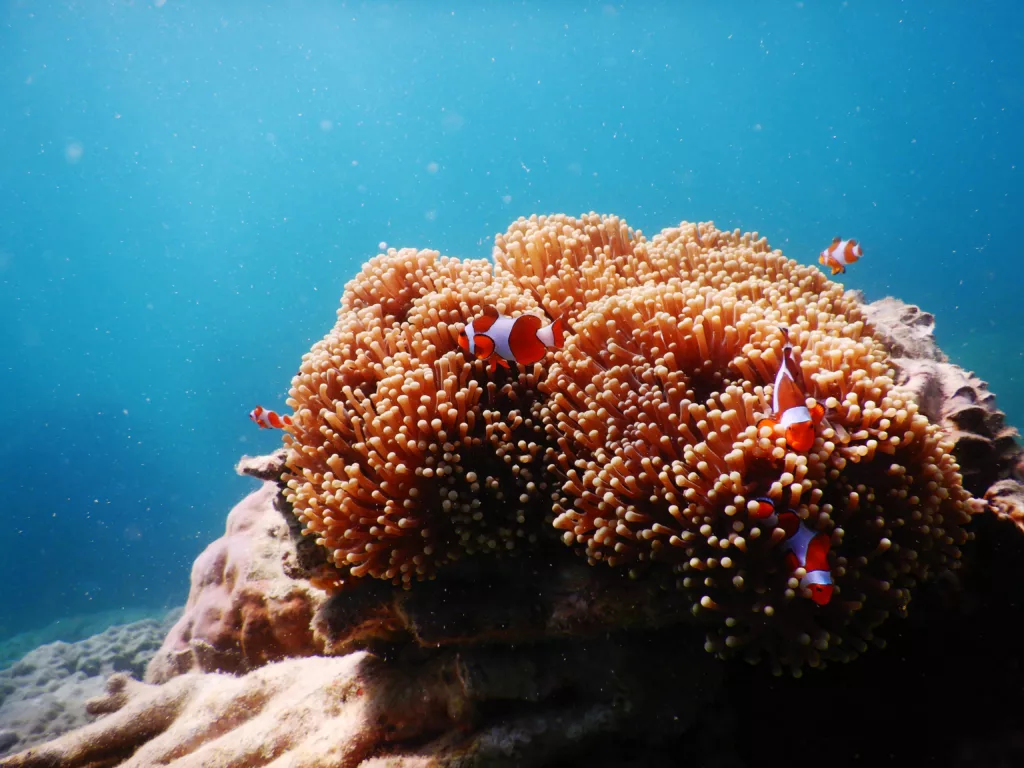
Scuba diving, a thrilling underwater activity, takes divers into a mesmerizing world beneath the waves, where vibrant marine life and stunning coral reefs await exploration. However, along with the beauty and excitement come potential hazards that divers must be aware of to ensure a safe diving experience. Three common risks in scuba diving are Decompression Sickness (DCS), Barotrauma, and Nitrogen Narcosis, each presenting unique challenges and requiring careful consideration.
Decompression Sickness, often referred to as “the Bends,” occurs when a diver ascends too quickly to the surface, causing nitrogen to form dangerous bubbles in the bloodstream and body tissues. This rapid ascent can result in symptoms like joint pain, dizziness, fatigue, and, in severe cases, neurological issues. The risk of DCS can be mitigated by following proper ascent rates, using decompression stops, and diving within established limits. Divers should always monitor their depth and dive time, and follow safety protocols to avoid this potentially serious condition.
Barotrauma is another common hazard in scuba diving, typically caused by rapid changes in pressure that affect air spaces in the body, such as the ears and lungs. It can lead to severe pain, bleeding from the ears or nose, and, in extreme cases, lung injury. Proper equalization techniques and gradual ascent and descent can help prevent barotrauma. Divers should also be aware of their body’s response to pressure changes and seek immediate assistance if they experience discomfort or pain.
Nitrogen Narcosis, sometimes called “the Martini Effect,” is caused by the intoxicating effects of nitrogen at elevated pressure levels. This condition can impair judgment, slow reaction times, and lead to confusion, making it a significant safety concern during dives. To avoid Nitrogen Narcosis, divers should maintain appropriate depth limits and be aware of the signs, which include dizziness, euphoria, and impaired decision-making. Proper training and experience play a crucial role in recognizing and managing these risks.
Understanding these potential hazards and how to prevent them is essential for every diver. Comprehensive training, careful planning, and adherence to safety protocols are key to ensuring a safe and enjoyable scuba diving experience. Divers in Bali, with its array of breathtaking dive sites and vibrant marine life, should be particularly mindful of these risks. By taking the necessary precautions and familiarizing themselves with safety procedures, divers can fully embrace the adventure of diving while minimizing potential dangers.
Safety First: Preventing Scuba Diving Injuries
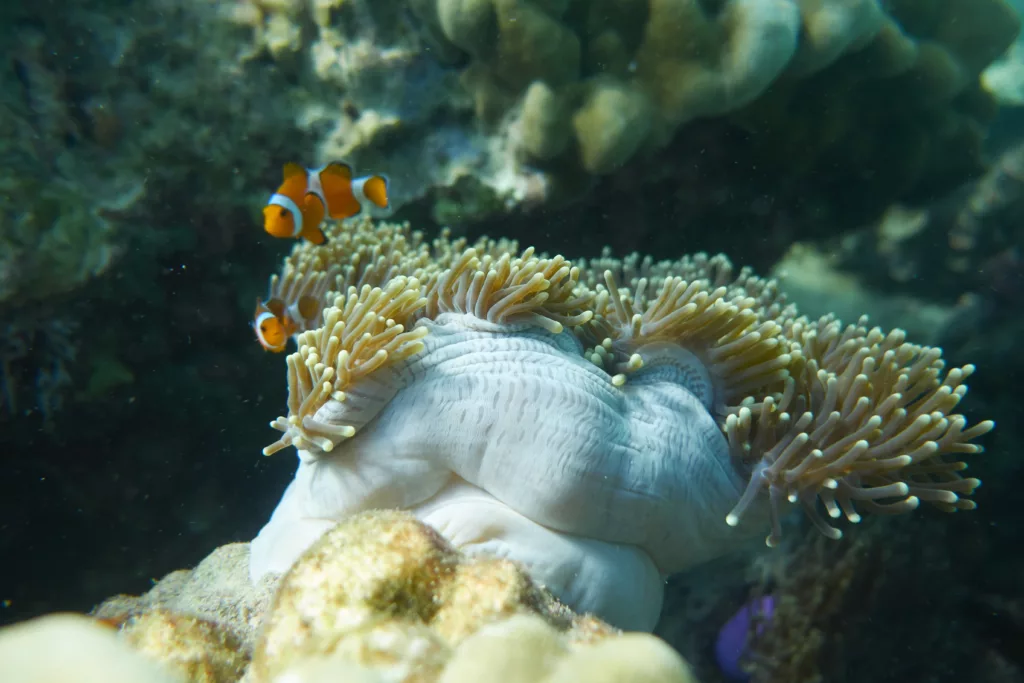
Scuba diving is an exhilarating activity that allows adventurers to explore the hidden wonders of the underwater world, but it comes with risks that can be mitigated through proper training, awareness, and well-maintained equipment. To avoid common injuries, it is crucial to undergo formal training from reputable institutions, which provide a comprehensive understanding of underwater physics, physiological impacts, and safety procedures. Following depth and time restrictions, as well as adhering to decompression stops, is a non-negotiable part of every diver’s playbook. These practices help prevent decompression sickness and other pressure-related injuries.
Maintaining and regularly inspecting diving equipment is vital for ensuring a safe experience. Trusting in your gear means keeping it in top condition—checking for leaks, ensuring regulators function properly, and verifying that buoyancy control devices (BCDs) inflate and deflate as they should. Regular maintenance and equipment checks can prevent malfunctions that might otherwise turn a joyful dive into a dangerous situation. Proper breathing techniques are also crucial for diver safety, as improper practices can lead to lung overexpansion injuries, which can be fatal. Ensuring correct breathing and maintaining a slow and steady ascent are key to a safe dive.
Another important aspect of diving safety is mastering equalisation techniques to avoid ear injuries, a common problem among divers due to pressure changes. By practicing these techniques during training and dives, divers can ensure that their ears adjust to pressure shifts, preventing barotrauma. Overall, a combination of awareness, training, and proper equipment maintenance creates a safe and enjoyable diving experience.
In Bali, where the underwater world is filled with breathtaking sights and diverse marine life, divers can safely explore with the right precautions. By adhering to safety protocols and keeping equipment in top condition, you can enjoy the vibrant coral reefs, the majestic manta rays, and the elusive Mola Mola without worry. With the right blend of awareness, training, and equipment, dives can be both safe and exhilarating, allowing you to fully immerse yourself in the enchanting beauty of Bali’s underwater realm.
Subaquatic Splendour: Weigh anchor in Bali
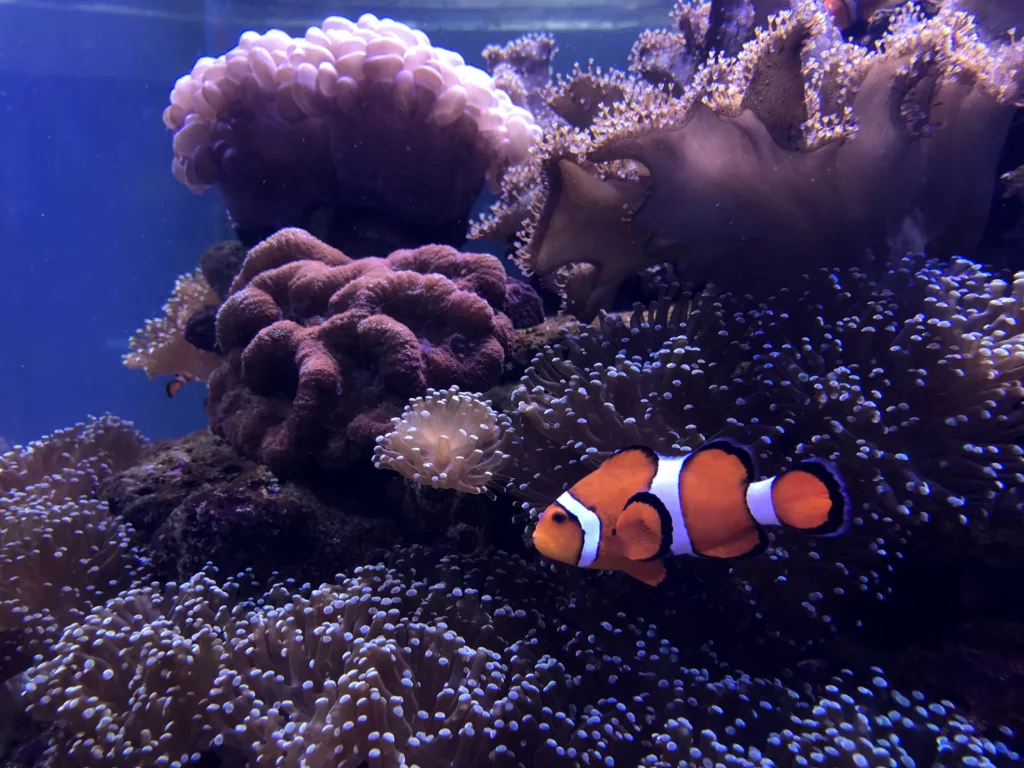
The exhilarating risks associated with scuba diving are easily overshadowed by the allure and wonder that diving in breathtaking locations like Bali promises. Known for its vibrant underwater landscapes, brimming with a rich diversity of aquatic flora and fauna, Bali offers an underwater panorama that’s truly magical. The island’s crystal-clear visibility enhances the breathtaking spectacle, allowing divers to fully appreciate the vivid colors and intricate details of the coral reefs. Bali presents a multitude of must-visit dive sites, each showcasing a unique facet of underwater life and catering to a wide range of divers, from novices to seasoned experts. This magnetic appeal is why Bali’s diving experience is simply irresistible.
Bali’s diverse dive sites offer a wealth of opportunities for exploration and discovery. From the hauntingly beautiful USAT Liberty Wreck in Tulamben to the vibrant coral gardens of Menjangan Island, each location reveals a different side of the island’s underwater world. Whether you’re navigating the strong currents in Nusa Penida or exploring the calm waters of Amed, the array of dive sites ensures that every dive is a unique experience. The heart-pounding anticipation of descending into the depths, the tranquility of the deep blue, and the thrill of encountering fascinating marine life like the Mola Mola create a captivating journey that keeps divers coming back for more.
The charm of diving in Bali lies in its ability to seamlessly combine ethereal tranquility with adrenaline-rushed excitement. It’s a world where the serenity of the ocean coexists with the thrill of exploration. Each dive offers a new opportunity to witness the wonders of the underwater realm, from the majestic manta rays gliding effortlessly through the current to the colorful schools of fish weaving through the coral reefs. This unique blend of beauty, thrill, and adventure makes diving in Bali an unforgettable experience. As you explore this underwater paradise, you’ll find that each dive holds the potential for a new story, a new memory, and a deeper connection to the ocean’s mysteries. If you’re seeking an adventure that will leave an indelible mark, Bali’s diving scene is the perfect destination.
Submerging Safely: Navigating the Depths Without Risks
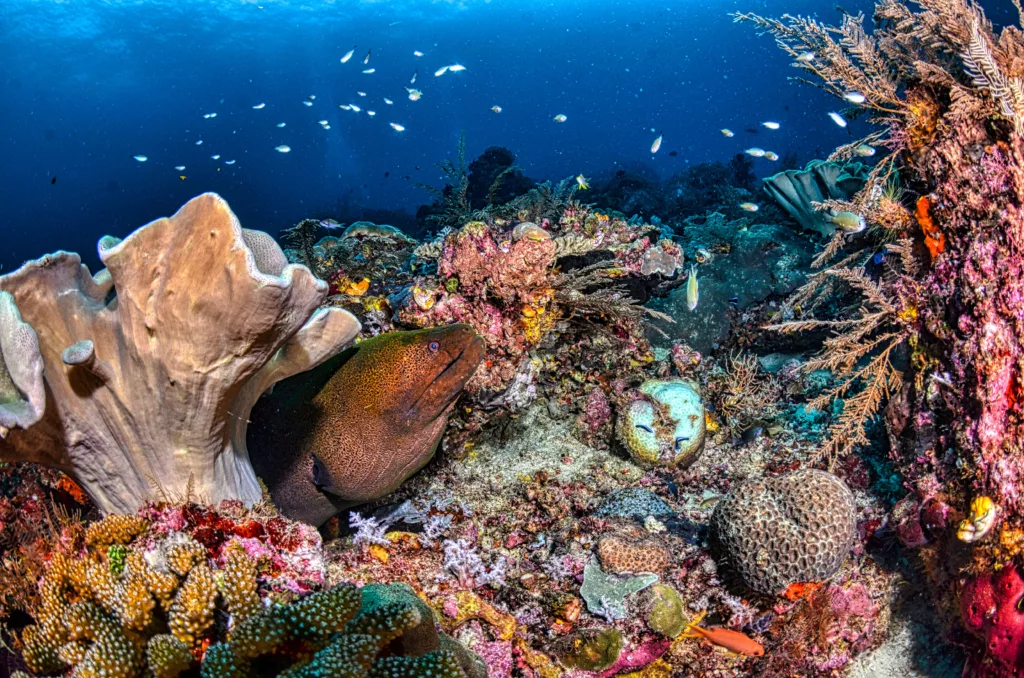
While the enchanting blue world beneath the surface is breathtakingly inviting, it’s crucial to heed the old diver’s adage: ‘Plan the dive and dive the plan.’ Ignoring safety protocols and the potential risks can quickly turn divine moments into daunting ones. To ensure a safe and enjoyable experience, it’s essential to understand the risks, follow safety rules, and meticulously plan each dive. This involves getting your gear checked and making sure it is in top condition, understanding dive tables, and establishing clear communication with your dive buddy. With these preparations, you can turn Bali into your perfect backdrop for underwater adventures while prioritizing safety.
Diving in Bali offers an incredible range of experiences, from exploring vibrant coral reefs to encountering the iconic Mola Mola, but safety should always come first. Proper planning includes assessing the dive site, knowing the currents, and following depth and time restrictions. Take the time to familiarize yourself with the dive plan, and never deviate from it without good reason. Also, make sure to have a reliable dive buddy system in place and establish clear communication signals. By adhering to these safety measures, you can fully immerse yourself in the thrill and beauty of scuba diving in Bali without unnecessary risks.
Diving isn’t just about the exploration—it’s about the experience. By preparing well and diving safely, you can fully embrace the excitement of underwater adventure while maintaining a healthy respect for the ocean. Take the time to enjoy each moment, whether it’s the tranquil drift through a coral garden or the exhilarating encounter with a majestic manta ray. The underwater world in Bali is a realm of wonders, offering an unparalleled blend of adventure and serenity. Let this journey enhance your love for the ocean and strengthen the bond with your dive partner. By planning meticulously and diving responsibly, you can ensure that your Bali diving experience is not only memorable but also safe, allowing you to create memories that will last a lifetime.

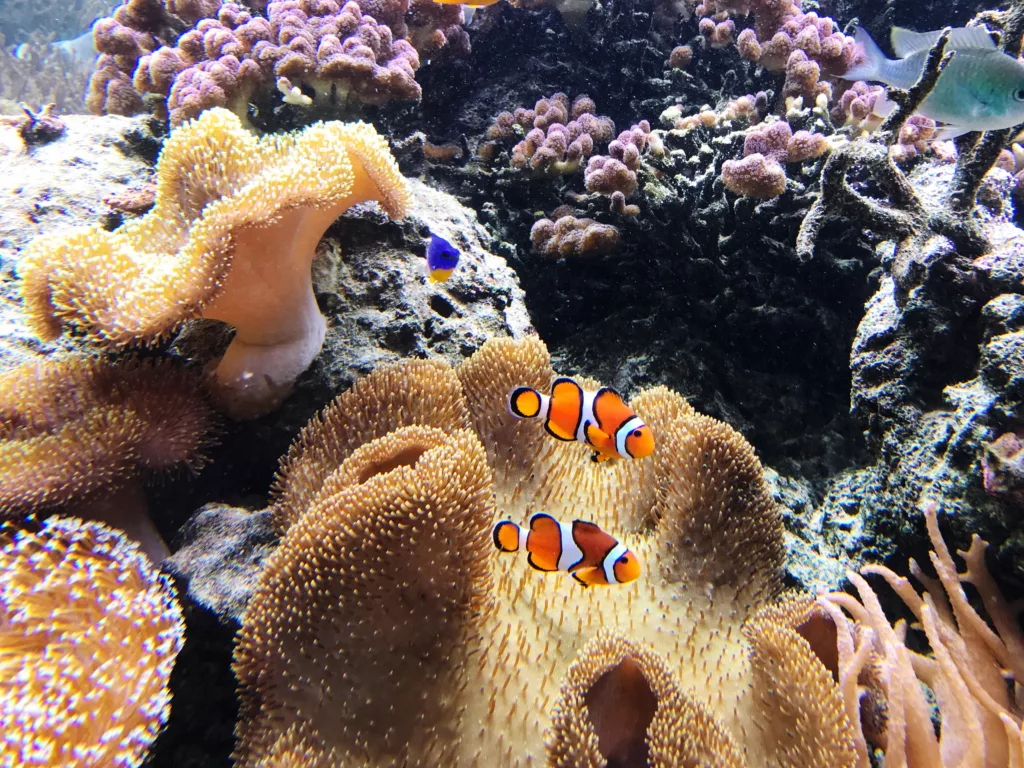
An insightful and detailed dive into the transcendent world of scuba diving. The portrayal of Bali’s enchanting underwater realm is just as magical as it is in reality. The emphasis on prioritizing safety echos the quintessential truth about successful diving experiences.
I love how this post highlights the importance of safety while diving. As a beginner diver, it’s reassuring to know that there are guidelines and precautions in place to ensure a enjoyable experience.
Thank you for sharing your thoughts, Akira! We couldn’t agree more on the importance of safety while diving. At Pebble and Fins, we take pride in providing a safe and enjoyable experience for all our guests. If you have any questions or concerns about diving in Bali, please don’t hesitate to reach out to us at [email protected] or call +62 857 3891 8262. We’d be happy to help you plan your next dive adventure! And remember, always prioritize your safety and the safety of those around you.
I completely agree with the author about Bali being an amazing destination for diving. The crystal-clear waters and vibrant marine life make it a paradise for underwater enthusiasts.
Hi Elara, thank you for sharing your thoughts about Bali being an amazing destination for diving! We completely agree with you that the crystal-clear waters and vibrant marine life make it a paradise for underwater enthusiasts. At Pebble and Fins, we’re committed to making sure our guests have a safe and enjoyable experience while exploring the underwater world of Bali. If you have any questions or would like to learn more about our resort’s dedicated training facilities for local staff, please don’t hesitate to reach out to us at [email protected] or +62 857 3891 8262. We’d be happy to help! Cheers!
This post is so informative! I never knew there were so many risks involved in scuba diving. Thanks for sharing this valuable information, it’s definitely something to keep in mind when planning a dive.
Dear Kaiden, thank you for sharing your thoughts on our blog post about scuba diving in Bali. We’re glad to hear that the information was valuable and informative to you! At Pebble & Fins, we believe it’s essential to prioritize safety while enjoying this incredible activity. Our dedicated training facilities are designed to help local staff and visitors alike learn the skills necessary for a safe and enjoyable dive experience. If you have any questions or concerns about scuba diving in Bali or would like more information on our training programs, please don’t hesitate to reach out. We’d be happy to help. You can contact us at [email protected] or by phone at +62 857 3891 8262.